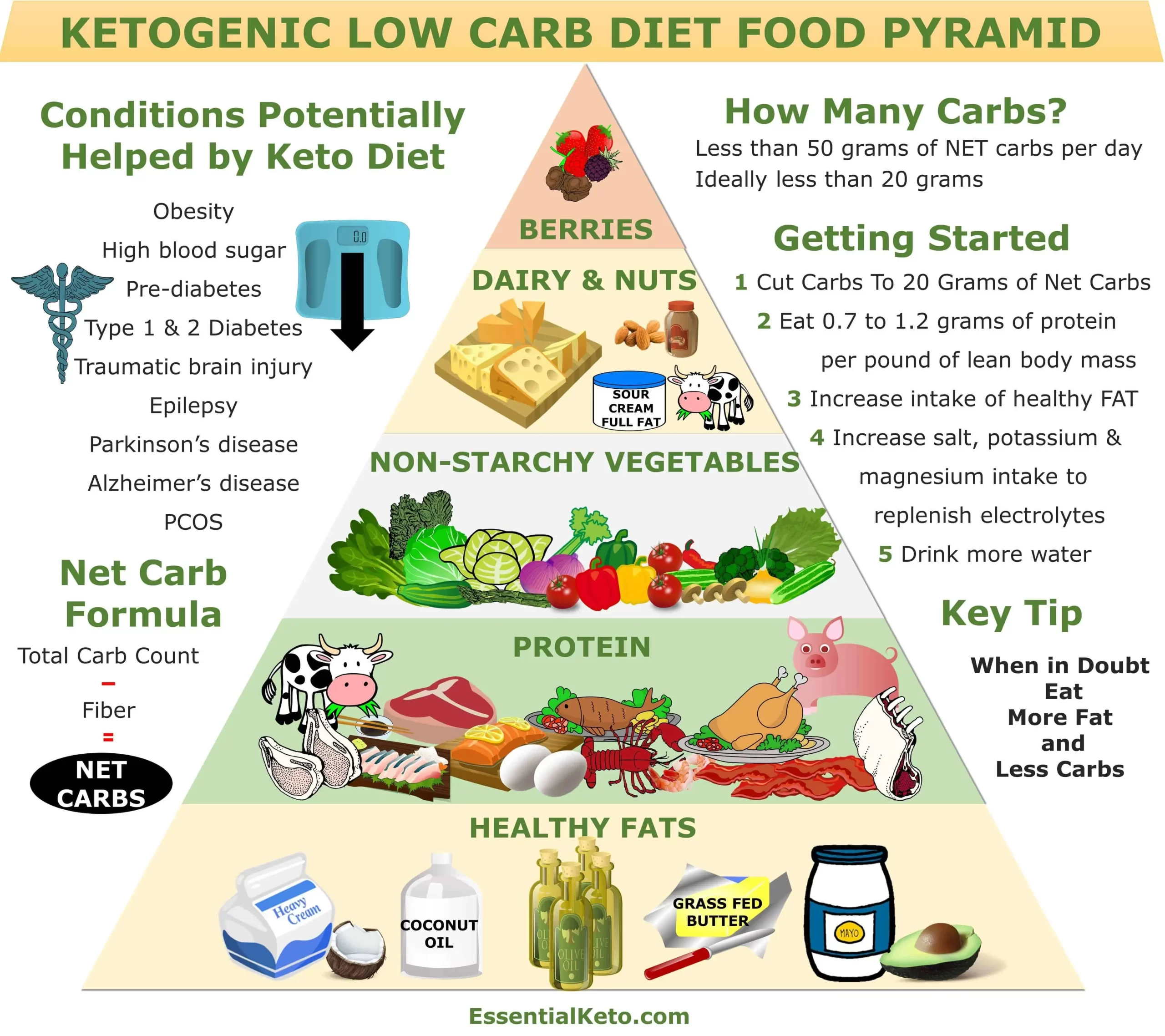In today’s nutrition-conscious world, many people are adopting specialized diets to cater to their specific dietary needs or achieve health goals. This article explores some of the popular special diets, including keto, vegan, and gluten-free, highlighting their benefits, considerations, and potential drawbacks.
The Keto Diet
The ketogenic diet, or keto diet for short, is a low-carbohydrate, high-fat diet that has gained immense popularity in recent years. This diet aims to shift the body’s primary source of energy from glucose to ketones, a byproduct of fat metabolism. By drastically reducing carbohydrate intake, the body enters a state of ketosis, where it primarily burns fat for fuel. Key elements of the keto diet: High consumption of healthy fats such as avocado, nuts, and olive oil. Moderate intake of protein from sources like fish, poultry, and tofu. Restriction of carbohydrate-rich foods, including grains, fruit, and starchy vegetables.
The Vegan Diet
Veganism is a lifestyle and dietary choice that avoids the consumption of all animal products. The main focus of a vegan diet is plant-based foods, which provide essential nutrients without relying on animal sources. Key elements of the vegan diet: Emphasis on fruits, vegetables, legumes, whole grains, and nuts. Avoidance of meat, poultry, fish, dairy, eggs, and honey. Possible need for supplementation of nutrients like vitamin B12 and iron.
The Gluten-Free Diet
The gluten-free diet is necessary for individuals with celiac disease, an autoimmune disorder triggered by the consumption of gluten. However, it has also gained popularity among those without the condition due to perceived health benefits. Key elements of the gluten-free diet: Avoidance of wheat, barley, rye, and other gluten-containing grains. Focus on naturally gluten-free foods like rice, quinoa, and corn. Careful reading of food labels to ensure products are gluten-free.
Considerations and Potential Drawbacks
While these special diets can have numerous benefits, it is important to consider some potential drawbacks and challenges. 1. Nutritional Deficiencies: Special diets may increase the risk of certain nutrient deficiencies. For example, the vegan diet may lack essential nutrients like vitamin B12, omega-3 fatty acids, and iron, requiring proper planning or supplementation. 2. Social and Practical Challenges: Following a special diet can sometimes be challenging in social situations and when dining out. It may require careful menu selection or preparation to ensure compliance with the chosen diet. 3. Sustainability: Some special diets can be difficult to sustain long-term due to their restrictive nature or limited food options, leading to potential diet fatigue or unhealthy eating patterns. 4. Individual Variability: Each person’s dietary needs and responses may vary, and what works for one individual may not work for another. Consulting with a healthcare professional or registered dietitian is recommended before making significant dietary changes. In conclusion, special diets such as keto, vegan, and gluten-free have gained popularity due to their potential health benefits and alignment with specific dietary needs. However, it is crucial to approach these diets with proper knowledge and awareness of their implications. Prioritizing a balanced and varied diet that meets individual nutritional requirements is key to long-term health and well-being.


